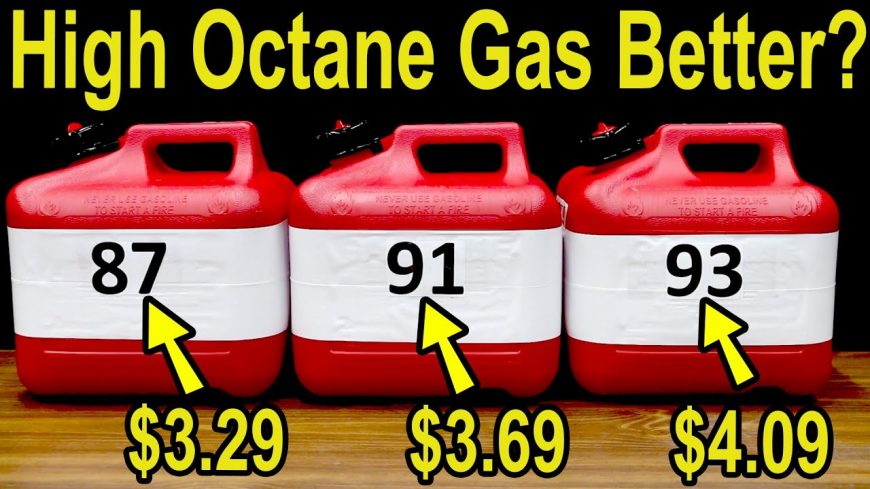Is Higher Octane Fuel Better? Better MPGs? More HP? Let’s find out!

Many car enthusiasts are no strangers to the trade-off between high-performance machines and the higher costs associated with them at the pump. Not only do these vehicles tend to consume fuel at a faster rate than regular daily drivers, but they often require more expensive gasoline as well. While paying a premium for fuel is something that nobody wants to open their wallet for, it may be a necessary evil to ensure optimal performance and longevity.
However, for those whose vehicles do not necessarily require premium fuel, the question arises: is there any real benefit to using 93 or even 91 octane gasoline? Theoretically, one might deduce that these higher-octane fuels could offer increased power or better fuel efficiency, even if they’re not absolutely required by the manufacturer. The idea of improved fuel efficiency could potentially translate into long-term cost savings, even if the fuel itself is more expensive.
Fortunately, for those inquisitive minds that seek answers, there are channels like Project Farm that put these theories to the test.
In this particular analysis, we witness the performance of three different fuels in a variety of tests. Utilizing a small internal combustion engine, 93, 91, and 87 octane gasoline are all put to task to determine if any of them provide a noticeable advantage over the others when used in the same engine. It’s important to note that this engine can run perfectly fine on 87 octane alone, so the higher octane fuels are not essential. The real question, however, is whether they offer any discernible benefits.
By examining the results of these tests, we can gain insights into whether the higher octane fuels deliver tangible improvements in power, efficiency, or overall performance. This analysis will help shed light on whether the additional cost of premium fuels is truly justified for vehicles that can technically operate on lower octane options.

